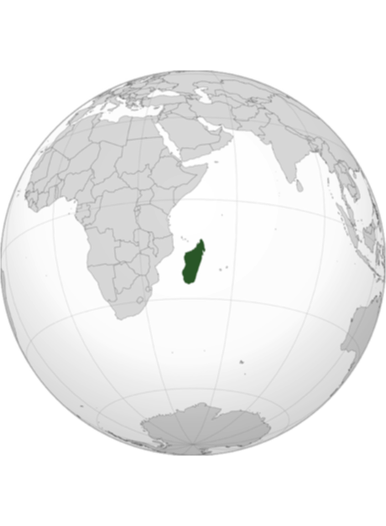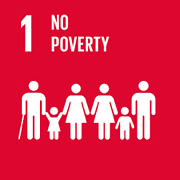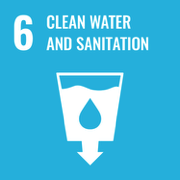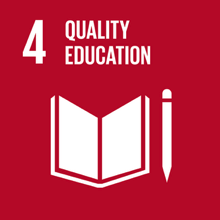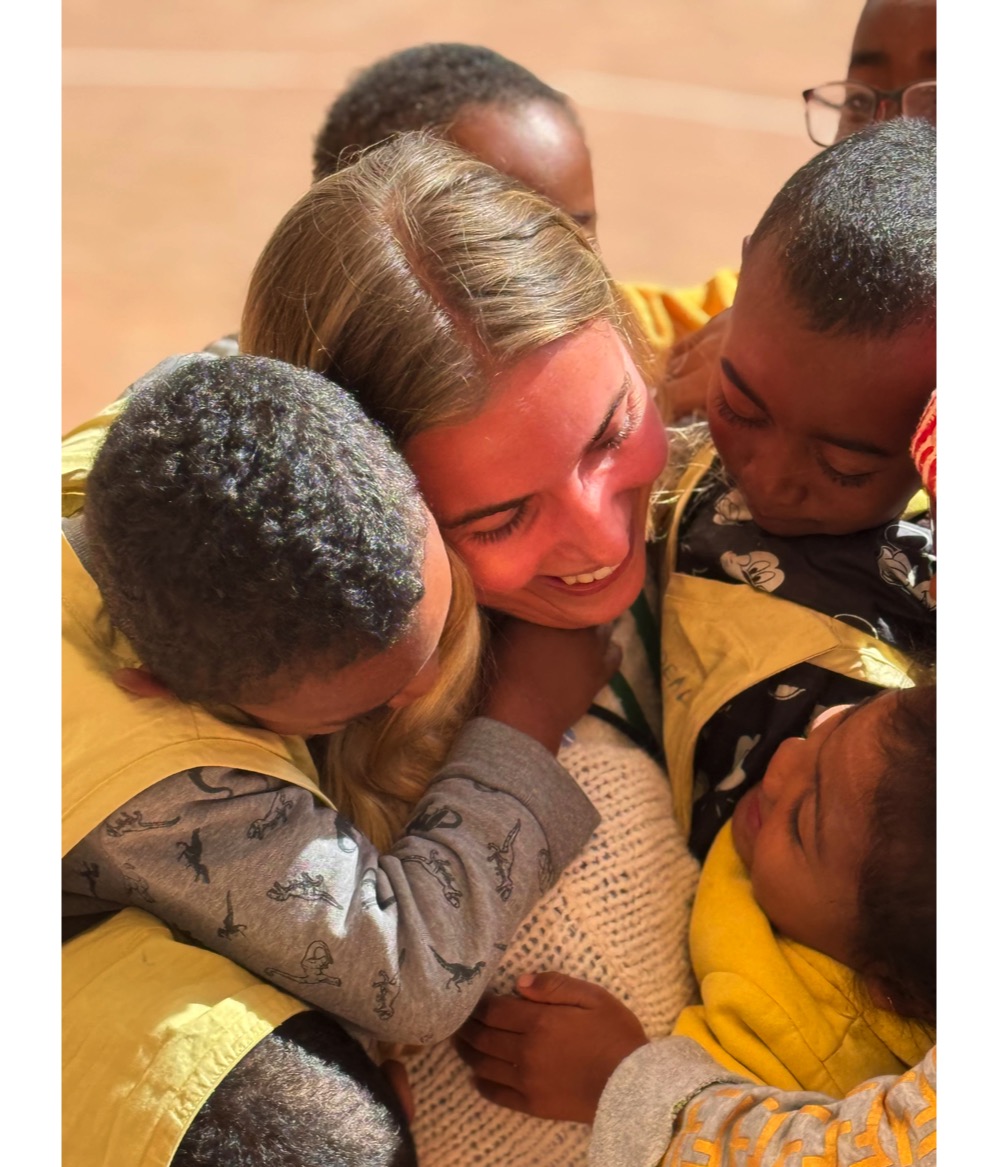To relieve poverty in Madagascar

English
Education For Madagascar 's work
EDU4MADA offers volunteering in over 5 villages in the big island to provide guidance to children and young people in their education, to raise the awareness on a sustainable development, support their family, especially their mother and to help them to fulfil their potential, from early childhood through adult period, until they are able to be economically independent.
The Sustainable Development Goals
There are only 8 years left to reach the 2030 SDG's deadline, action is desperately needed without any delay, the desert is fast moving and poverty is just its direct consequence. We have focused on 7 of the 17 SDGs with an emphasis on SDG4.
SDG4 : Quality Education
Education For Madagascar - is committed to the Sustainable Development Goals 4 as a priority which outlines the Right of all children to a "Quality Education" and the urgent need to train many more educators to help achieve this Right, to find innovative and effective means of providing education to those children who are least likely to access it. Six Educational projects are currently being implemented to achieve this objective.
SDG 2: Zero hunger
Our organisation is involved in providing solutions to the famine. Climate change and the absence of rain for several years in a row are the root causes of the desertification of the land that affects thousands of people in the south of Madagascar and even inland. The initial objectives of Education For Madagascar are to organise educational projects that have a long-term impact in terms of pedagogical investment. Following this humanitarian disaster, we have made an exception to help and bring a minimum of support to the situation in the South, which rather requires emergency relief from an unprecedented disaster.
SDG5 : Gender Equality
Women's rights in rural Madagascar are not taken for granted, but we do not give up. The 8th of March is not a day of celebration, it is a day of awareness: we advocate to help the vulnerable victims. The School For Women is organised once a month, it's an opprotunity to develop many topics related to empower girls and women, to care for their health and wellbeing and the personal development of mothers, which is the very basis for the balance of the family and the child.
SDG3: Good health and Wellbeing
Common diseases such as tooth decay, lice, untreated skin diseases are the source of more serious pathology; our focus is on prevention and medical analysis and prevention to provide care at the onset of the disease. Prevention is our watchword, with the help of two doctors and two nurses working for Tomady Health Center.
SDG13 : Climate Action
Environmental education is our daily routine to pass on to young and old alike. Silva is the name of the mangrove and tree planting projects with a follow-up. The permaculture project to revive the soil are our daily actions to strive to slow down global warming.
SDG6 : Clean Water and Sanitation
We are experimenting the use of dry toilets to save water, to make compost, manage waste responsibly and to improve sanitation. Two rain tanks are built so far to manage drinking water supply.
SDG1 : No Poverty
Most of Malagasy people live in extreme poverty today, struggling to fulfil the most basic needs like health, education, and access to water and sanitation, to name a few. Their revenues are less than 1,9 USD a day.
Even those who work, a decent living is not guarantee. The starting point is the lack of education in all sorts of form, which has an impact on the health, the environment, the community, the country and the planet.
Goals and Strategic actions
The execution of the strategic plan will be carried out through the three core pillars :
QUALITY
ETHICS
SHARING
which define the main goals and strategic actions
Quality
Since the access capacity of our site in Antananarivo is limited, up to 90 children, we give priority to quality over quantity. Our wish is to be able to support each individual as far as possible in his or her educational path to guarantee a happy success.
Quality is thus defined as the ability to achieve this result with satisfaction on both sides.
Every child, every teenager, every young person is heard and assessed. They receive a refresher course to build their self-confidence through written and oral communication in Malagasy, French and English. The well-being of the child is a key factor of success.
We hire educators with the knowledge, experience and skills to provide this presence and qualitative support. Junior educators with few experience also find their place, accompanied by experienced educators. We are fostering a culture of self-learning.
Quality infrastructure was put in place, built and maintained in a regular basis.
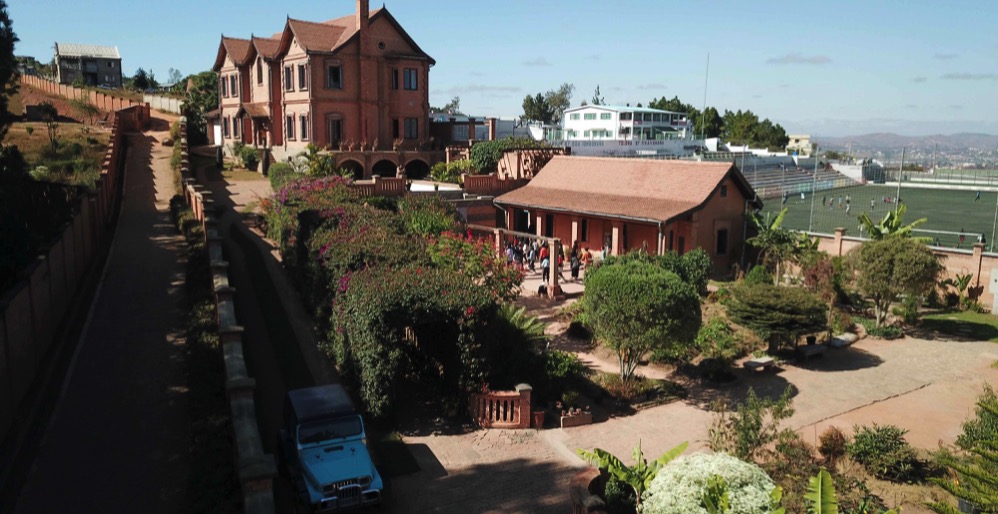
Sharing
Should be easy to practice, sharing makes knowledge and experience flow generously, when the feeling of being part of the community is nurtured. The example comes from the top of the hierarchy and every component of the organization is being encouraged to be involved.
Each child has a referral educator, each junior educator has a mentoring person. Everyone receives the academic and pedagogical support they need. This is the circle of sharing.
The only way to reach 670 beneficiaries is by sharing.

Ethics
Last but not least, ethic is the value to be put in place and developed for the sustainability of collective actions. Talking about ethics is not an empty word in a country where bribery and corruption hold back any development initiative.There is probably at least one answer to the question, « Why is Madagascar a rich country but its population is impoverished?
To ensure the sustainability of our organisation over time, preserving the collective interest is crucial to us. This ethos should be highlighted on a daily basis, to every member, from early childhood to the highest levels of responsibility.
Ethics is the main cause that requires us to maintain strong governance.
Written procedures and archive are put in place : list of beneficiaries, rules of procedures, legal documents. They are audited externally.
EDU4MADA works in over 6 villages in the big island to provide guidance to children and young people in their education, to raise the awareness on a sustainable development, support their family, especially their mother and to help them to fulfil their potential, from early childhood through adult period, until they are able to be economically independent.
Child labour, school attendance and illiteracy rates in primary and secondary schools in Madagascar are some of the challenges to be addressed. Our mission is to reverse these figures. To make children and teenagers love school is our greatest ambition. Demonstrating personal, social, environmental and economic impact is our ultimate challenge.
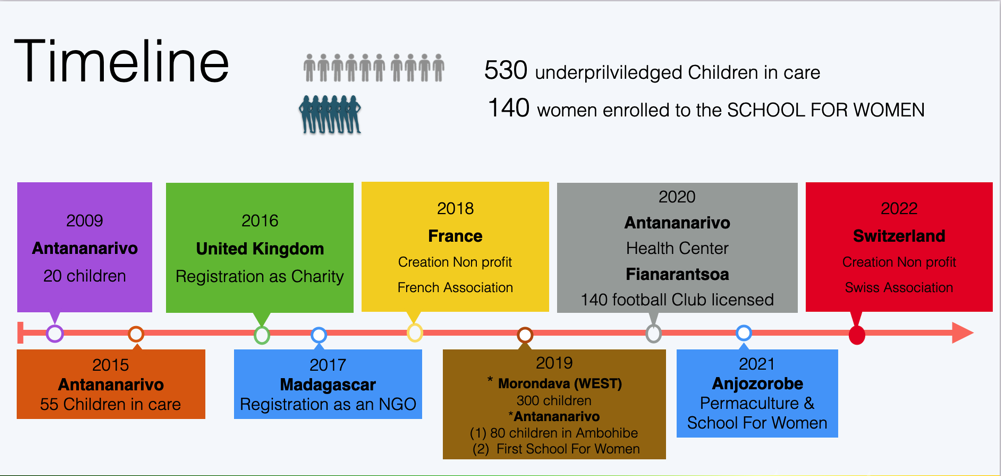
Why Madagascar
Education in Madagascar, facts and figures
Source : World Bank




Children out of school
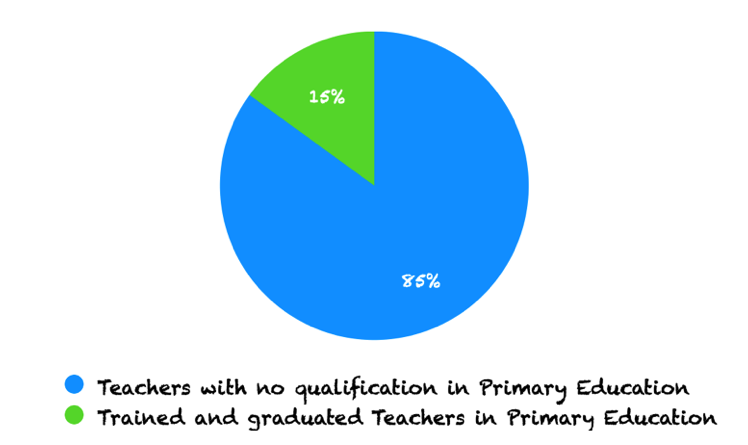
only
32%
of pupils continue their studies until the end of the primary cycle.
of boys of secondary school age are not in school
of school-age girls are enrolled in prepatory class (Grade one)
The completion rate of the first cycle of secondary education
31%
35%
only
72 %




only
4,7%
40
only
2,9%
of the population aged 25 and over has a level of higher education
of the population aged 25 and over has a higher education at Master's level
of GDP are allocated to public expenditure on Education
The pupil-teacher ratio in primary education
only
1,5%




40%
60%
30%
22%
of Preschool,
under 5
of Primary
of lower secondary
of Upper secondary
We work to change and improve this situation
756 children in care
235 women enrolled
47 volunteers
14 projects
6 villages

